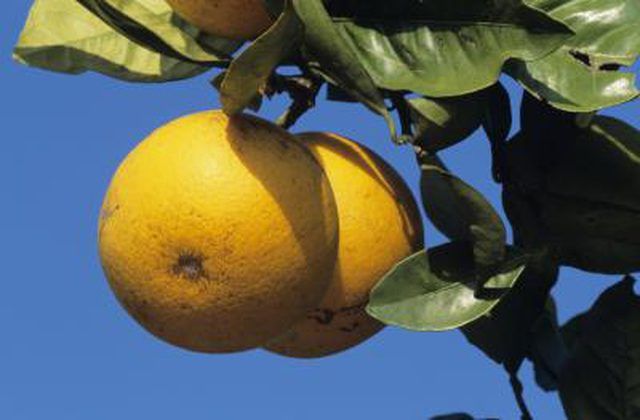Bulbs
Flower Basics
Flower Beds & Specialty Gardens
Flower Garden
Garden Furniture
Garden Gnomes
Garden Seeds
Garden Sheds
Garden Statues
Garden Tools & Supplies
Gardening Basics
Green & Organic
Groundcovers & Vines
Growing Annuals
Growing Basil
Growing Beans
Growing Berries
Growing Blueberries
Growing Cactus
Growing Corn
Growing Cotton
Growing Edibles
Growing Flowers
Growing Garlic
Growing Grapes
Growing Grass
Growing Herbs
Growing Jasmine
Growing Mint
Growing Mushrooms
Orchids
Growing Peanuts
Growing Perennials
Growing Plants
Growing Rosemary
Growing Roses
Growing Strawberries
Growing Sunflowers
Growing Thyme
Growing Tomatoes
Growing Tulips
Growing Vegetables
Herb Basics
Herb Garden
Indoor Growing
Landscaping Basics
Landscaping Patios
Landscaping Plants
Landscaping Shrubs
Landscaping Trees
Landscaping Walks & Pathways
Lawn Basics
Lawn Maintenance
Lawn Mowers
Lawn Ornaments
Lawn Planting
Lawn Tools
Outdoor Growing
Overall Landscape Planning
Pests, Weeds & Problems
Plant Basics
Rock Garden
Rose Garden
Shrubs
Soil
Specialty Gardens
Trees
Vegetable Garden
Yard Maintenance
How to Get Rid of Fruit Flies on Your Citrus Tree
How to Get Rid of Fruit Flies on Your Citrus Tree. Fruit flies can be detrimental when they infest citrus trees, as they are not readily noticeable and can reduce fruit to mush. Mediterranean fruit flies tend to attack lemons, mandarins, peaches and pears. Citrus trees are also affected by the Queensland fruit fly, which consumes grapefruit and...

Fruit flies can be detrimental when they infest citrus trees, as they are not readily noticeable and can reduce fruit to mush. Mediterranean fruit flies tend to attack lemons, mandarins, peaches and pears. Citrus trees are also affected by the Queensland fruit fly, which consumes grapefruit and Meyer lemon trees, among other citrus varieties. An important considerations for controlling fruit flies is to pick fruit early and often, whenever possible.
Things You'll Need
Insecticide (malathion or naled)
Bait spray (protein hydrolysate compound)
Sticky traps
Remove all ripe and overripe fruit from your trees. Female fruit flies lay eggs in the flesh of citrus fruit. Larvae emerge from the eggs and feed on the inside of the fruit. Check for the white larvae when harvesting to confirm an existing population.
Pick up fallen fruit and bury it deeply in the ground or place it in an airtight space until larvae are dead. Kill pupae before adding the fruit to a compost pile; otherwise, the population continues to prosper.
Combine one-part malathion insecticide with three-parts protein hydrolysate compound. Make sure the insecticide is labeled for use on your specific citrus tree. Mix thoroughly and apply to citrus trees where the flies are nesting, two to four times per month, using a high pressure sprayer.
Apply insecticide mixture to nearby border plants that are listed on the label.
Set a commercially-available glass or plastic trap to lure the fruit flies. Tent traps lure flies with a cotton wick and trap them with a sticky floor. Use simple, yellow sticky boards without attractants.
Tips & Warnings
Warm temperatures promote faster growth cycles in fruit flies, so more rigorous control strategies may be required in the summer.
More than 40 pesticides are labeled for fruit flies, including malathion and naled. Pyrethrum can kill fruit flies, but is more harmful to beneficial insects.
Creatures that act as biological control include nematodes, which consume fruit fly larvae, as well as ants and parasitic wasps.